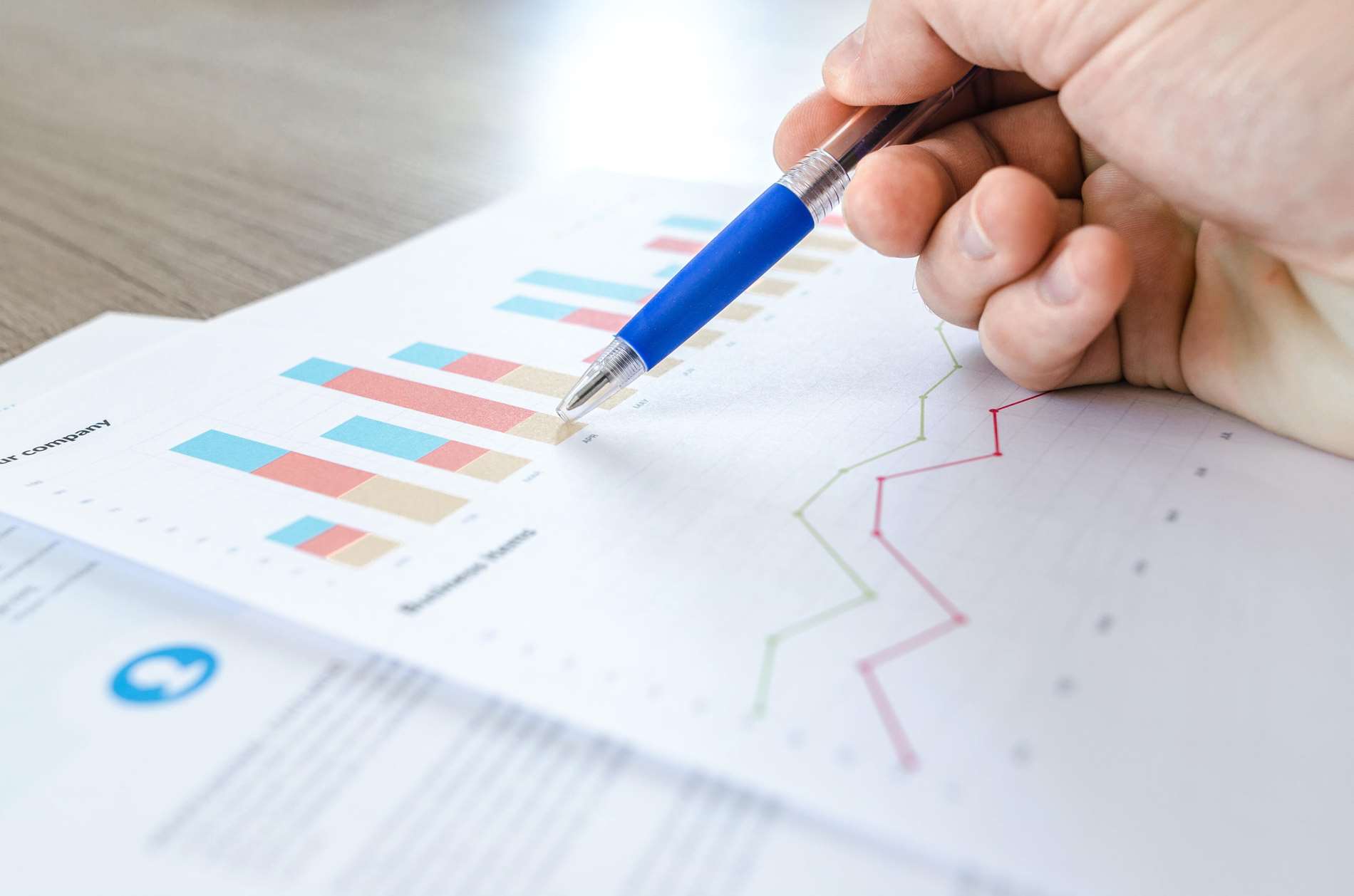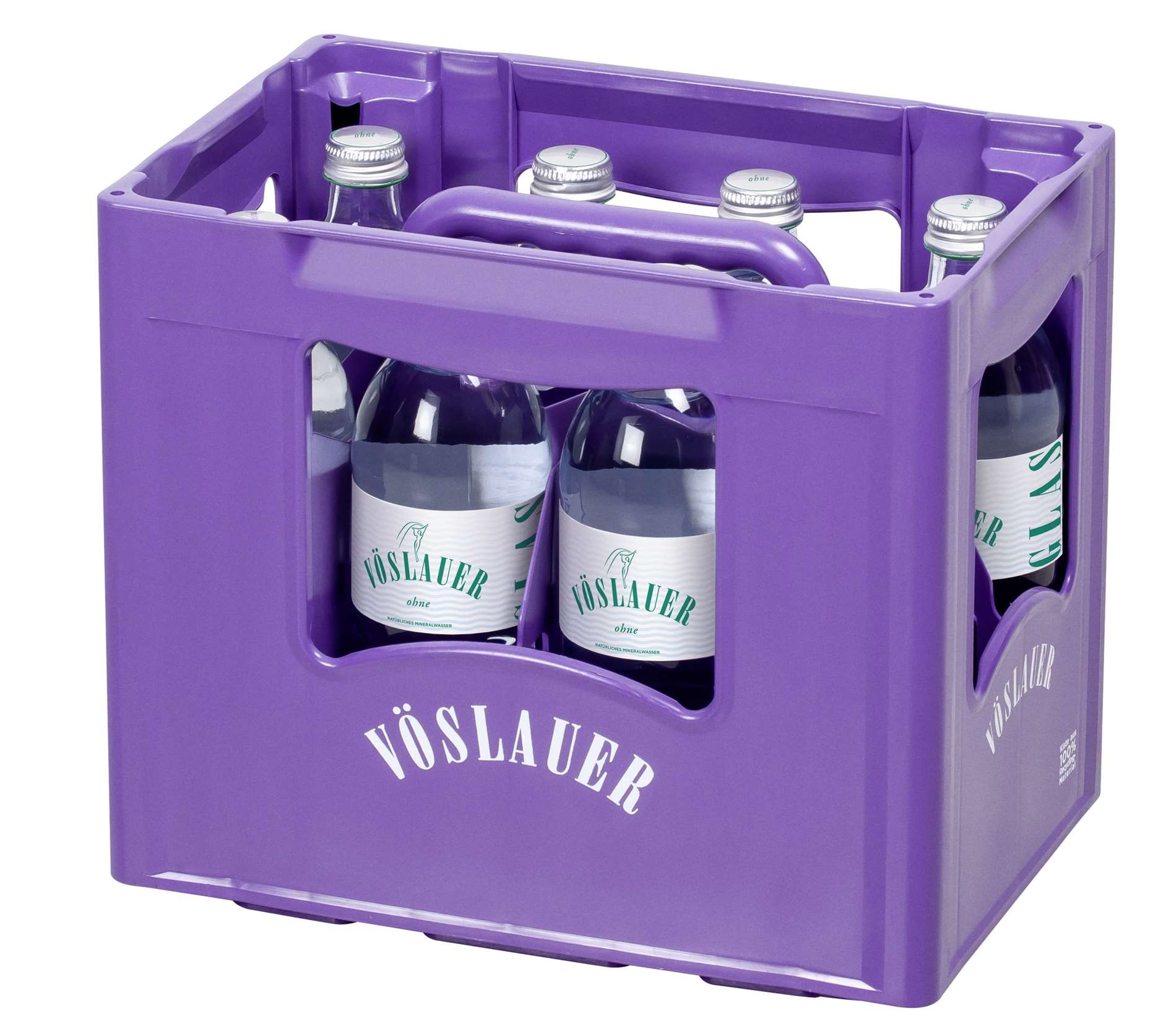- Interview CEO
- Vetropack Locations
- Market environment offering opportunities and challenges
- Business model
- Strategy 2030
- Management Structure
- Organisation
- col2
- Material Topics and Performance Review
- Customers and suppliers
- Finances
- Innovation and intellectual property
- Production and products
- Employees
- Environment
- col3
- New Design
- Financial Report
- col1
- At a Glance
- Financial Report Vetropack Group
- Consolidated Balance Sheet
- Consolidated Income Statement
- Consolidated Cash Flow Statement
- Changes in Consolidated Shareholders’ Equity
- Consolidation Principles
- Valuation Principles
- Notes
- Ownership Structure
- Company Participations
- Report of the statutory auditor on the consolidated financial statements
- Five Year Overview
- col2
- Financial Report Vetropack Holding Ltd
- Balance Sheet
- Income Statement
- Notes
- Board of Directors’ (BoD) Proposal for the Corporate Profit Appropriation
- Report of the statutory auditor on the financial statements
- Five Year Overview
- Corporate Governance
- col1
- Introduction
- Board of Directors
- MB Members
- Remuneration and Additional Information
- Shareholders’ Participation Rights
- Auditors
- Information Policy
- General blocking periods
- Contact Address
- Remuneration Report
- col1
- Introduction
- Principles of the Remuneration Scheme and its Components
- Organisation and Authorities for Determining Remuneration
- Description of the Remuneration Components
- Board of Director’s Remuneration
- Management Board’s Remuneration
- Comparison of Remuneration disbursed with the Remuneration approved by the 2021 and 2022 Annual General Assembly
- Shareholdings
- Report of the statutory auditor on the remuneration report
- Sustainability Report
- col1
- Sustainability Report
- Customers and suppliers
- Finances
- Innovation and intellectual property
- Production and products
- Employees
- Environment
- col2
Carbon footprint
Calculating sustainability

Operating sustainably and improving our carbon footprint are more important than ever. Vetropack is committed to keeping the environmental impact of glass production to a bare minimum by conserving natural resources accordingly, and is also evaluating all parameters that impact energy consumption in order to optimise them on an ongoing basis.
Eco-balance calculations are highly important because they map out the entire life cycle of glass packaging. This is not just about the glass itself as a material: factors such as transport packaging and transit routes are also evaluated, in addition to the proportion of recycled material in the glass, energy consumption and weight. On the basis of the highly accurate eco-balance calculation model used by Vetropack in its development of individual pieces of glass packaging, it is possible to simulate the cradle-to-cradle model with a variety of variable parameters. Various scenarios which can be evaluated together with the customer on the basis of both environmental and commercial factors demonstrate all alternatives clearly, resulting in the best packaging solution for each case.
The eco-balancing service for packaging is highly valued by Vetropack customers and is being used ever more frequently, especially as it allows customers to combine their own specific data with the values relating to the glassmaking process, should they wish to do so. This creates a complete map of the value chain.

One such customer who has used this service by Vetropack is the Austrian mineral water producer Vöslauer. In this case, Vetropack’s data about the primary and secondary materials used, incidental transport packaging, energy consumption during manufacturing and transport distances were combined with information about the lids , paper labels and boxes used, energy consumption during bottling and emissions from distances travelled and packaging used in transport. This was offset by a bonus for the bottle’s reusability and high glass recycling quota in Austria.
The outcome was that a 0.5-litre returnable glass bottle for Vöslauer caused around 25 grams of CO2 emissions per bottling. A total of approximately 12.7 grams can be attributed to the bottle’s production at Vetropack. This value also includes any transport routes and packaging. 19.7 grams of CO2 are produced on the part of the bottler, i.e. by the additionally required packaging materials such as boxes, lids or paper labels. The bottle’s end-of-life bonus amounts to 7.2 grams which is deducted from the total sum.
Thanks to environmentally friendly production, continual improvement and constant optimisation of sustainable production processes, Vetropack is a pioneer within the industry. All processes and the infrastructures connected to them are regularly assessed and adjusted for potential savings and improvements to energy efficiency. Collaborating with customers not only enables a deeper understanding of the value chain but also the optimisation of all processes, emissions reductions and increased sustainability of our products.
- Sustainability Report
- col1
- col1
- col1
- col1
- Material Topics and Performance Review